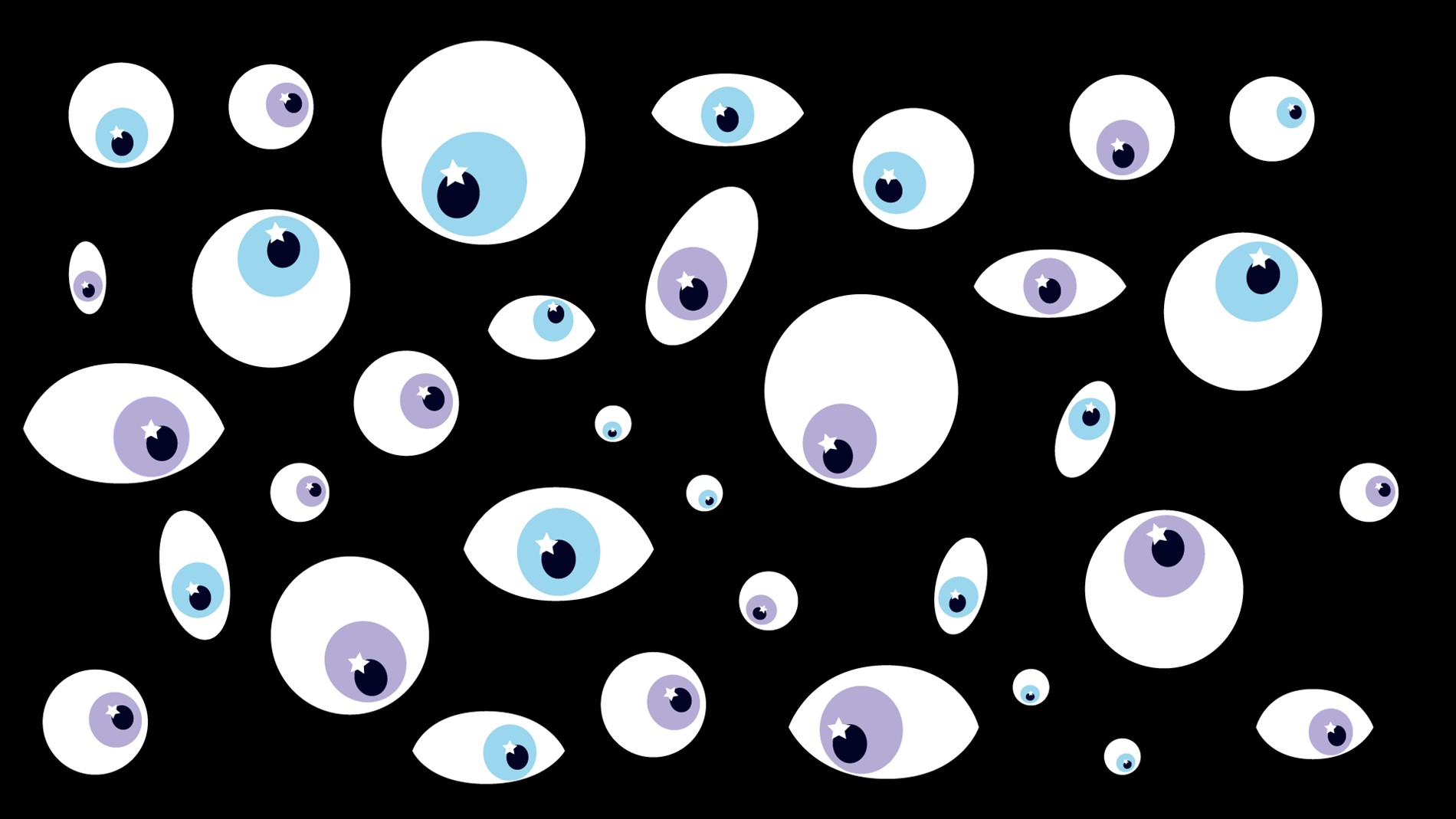Fetishisation and Desirability Politics
TW: This blog discusses issues related to racism, desirability politics, and fetishisation.
Written by Anonymous.
The apps and the dating world are… terrifying. Whatever reason you may be there for 👀 it is genuinely daunting just as it’s exciting to be licking your lips over the thoughts of whose hands you may be holding or who may end up with you on your bed.
Can we just acknowledge that putting yourself out there can make you feel sooo vulnerable?
And it’s not irrational to be fearful of the dangerous situations that may occur when you schedule to meet a stranger that you’ve just talked to online.
Let’s get down to it!
Buckle up girlies, gays, and theys. We’re talking about desirability politics and fetishisation today. What I’ll be talking about is based on my own lived experiences and the research I’ve done. These are two very big topics, that I am only able to barely scratch the surface of when I write this blog.
This blog speaks to the experience of someone who is Asian and queer. This article cannot speak to but acknowledges all the varying experiences of queer, trans, Black, Indigenous, and people of colour when it comes to fetishisation, desirability politics, and sexual racism.

Why am I writing about this?
I am a migrant who was born and raised in a culturally and ethnically homogenous country. Moving to Aotearoa meant I removed myself from this context. Through my lived experiences being here, I learned all sorts of way about sexual racism and it’s fetishisation. The hardest part when writing this was trying to unpack how much I’ve internalised these racist feelings about myself.
If you haven't already thought about these issues, now is the time to start. If your identities mean that you experience more privileges in our communities (particularly if you are cisgender and pākehā) and society at large, you must learn to/urgently realise how much power your words and actions hold.
You need to do the work to dismantle your internalised racism and biases (whether they are conscious or not) to ensure that you are not perpetuating harm to minority communities. These harms come in so many forms and I hope to provide examples of them throughout this blog.
Desirability Politics: A Cinderella Story
Desirability politics. These two words may sound like a whole lot of nothing but let me explain.
Whiteness is the default when it comes to commercialised and acceptable forms of beauty standards. It’s no secret that in the hookup culture, there are “hierarchies based on sexual desire that idealize particular bodies (e.g., white, masculine, able-bodied, fit). Yes, conventional beauty standards affect all people. However, beauty standards outside of whiteness are othered, subordinated, and fetishised.
The narrative that I used to believe in (and had to learn the hard way to dismantle) was that I’m an Asian queer, and therefore, I’m merely a lotus sprouting from a pool of mud next to other lotuses. All I can do is wait for my chance to bloom and finally be the lucky one plucked from the dirty mud by a pair of Caucasian hands. That’s my Asian Cinderella story.
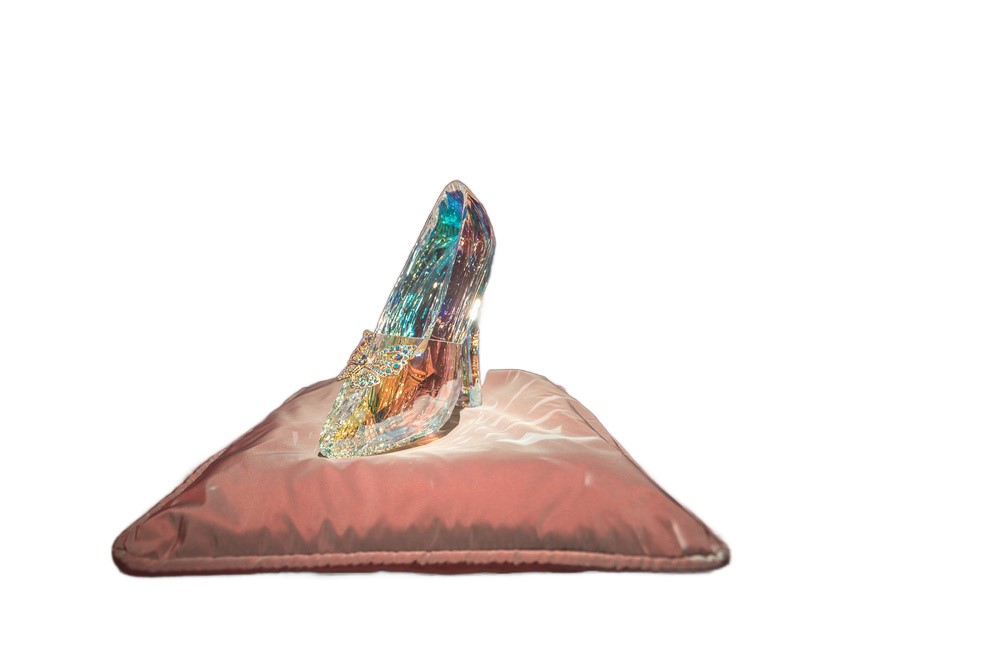
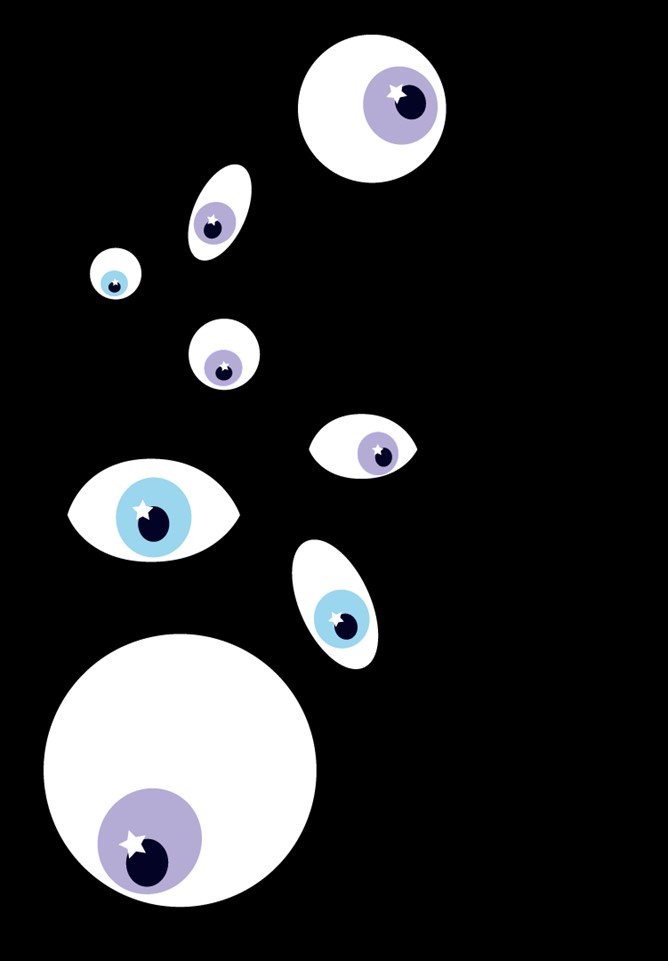
Sexual racism and fetishisation go hand in hand, like the evil twins.
I’d never be deemed attractive unless a white man saw me as attractive.
Dare I dream of a day when a man with wavy blond hair and chiselled jawline lays his pair of blue eyes on me. That’s a narrative and context a lot of queer and trans people of colour are enveloped in. I highly recommend this thought-provoking piece called “Decolonizing my desire” by the amazing playwright Jeremy O. Harris. He began the piece with this:
I can place the exact moment when white bodies colonized my subconscious, and when blue-eyed men with sun-kissed arms began to hold my desires upon their shoulders like Atlas. I was nine, wandering through a JCPenny with my mother, when my stomach dropped upon the sight of row after row of decollated white bodies in tight black briefs. By the time she reached out to pull me away, I had already been seized—taken to a place where my black body was the brief that hugged the waist of faceless white men, accessorized by muscles in all the right places.
If you need an example of sexual racism and desirability politics, look no further than the prevalent phrase: “No fat, no fems no Asian”. It just speaks for itself, really. The phrase had its iconic reclamation when Kim Chi on Season 8 of RuPaul’s Drag Race performed a song of the same title on the finale stage which had a simple message: “fat, femme, and Asian is in fact attractive.”
Asian masculinities have historically, through colonialism, white supremacy, and racism been sexually castrated, emasculated, and deemed undesirable.
What does this look like in real life? Well, let’s see:.
- People assuming you’re the submissive bottom.
- Being sexually or aesthetically deemed as undesirable.
- Being categorised as feminine.
- The penis jokes. Need I say more?
You don’t have to look far for examples of these stereotypes playing out. Just look at the history of yellowface done by Hollywood over past decades.
So, imagine being socialised since you’re young to internalise these false, racist, and harmful narratives about yourself and the people of your own community. These stereotypes that I’ve been subjected most of my life have made me constantly feel “less than”.
Am I desirable as a person or an object of desire because of my race?
I clenched my jaw and puckered my hole at the thought of writing the above question. It’s an icky reality I have to confront: are they attracted to me as a person or is it because of my race? Am I just a tool to fulfil someone’s racialised fantasy?
Under the white colonial gaze, black and brown men are hypersexualised in the forms of imagined hypermasculinity and phallocentric views (e.g. having big penises, being dominant, etc).
An offhand comment you may say at random based on these beliefs is “fetishisation”.
I shouldn’t have to feel flattered that a white person is into me. They’re not doing anyone a favour for “liking” or dating or having sex with a person from a minority group. I shouldn’t have to feel grateful nor be told to not take things “personally” when I’m being fetishised by white men with Asian fetish on the apps.
Fetishisation isn’t just a fact of life in queer communities. It’s another symptom of racism and colonial power structures. It’s simply dehumanisation.
I remember the first year of beeing here in Aotearoa, experiencing the obvious racism, the random broken “Ni Hao” and “Konnichiwa” I get from time to time. I got sort of used to them.
But there was one time I was with my partner—who’s the same ethnicity as me—on the bus. I had silver blond hair. and we both were dressed really cute to go to the beach. Out of nowhere, a white boy approached us and started talking to us about K-pop. He gave us complements and got so uncomfortably close to us that we could feel his breath on our skin. We quickly brushed the conversation off and quickly got the fuck of the bus at the next stop.
There were also white people who tried but consistently failed to guess which type Asian we are.
So, you may wonder, what’s even wrong with these interactions, well keep reading.
You know what else is icky?
Using the word "clean" to describe HIV status.
Don't be a Dick getting Dick
What’s so evil about the twin?
You may see your sexual interaction with someone as just a blow and go, no strings attached, no emotions involved. But remember, any sexual interaction also exists within a social context, because keyword: “interaction”. Within that social context, there exists the potential for subtle or blatant racism to occur.
Technologies have revolutionised what we perceive as social interactions as well—especially in terms of meeting sexual or romantic partners. Yes, a tap on Grindr is in fact a social interaction, you can’t argue with me on this, and we all now live in this world.
Just because these interactions happen online, and they can often be forgettable, doesn’t mean they don’t have real life implications.
I don’t want to name more of my own lived experiences, because it’s exhausting enough living the reality. But I’ll give you the crux of it in the hopes that our readers, especially if you are a white person, you can begin to understand that it’s a terrible reality.
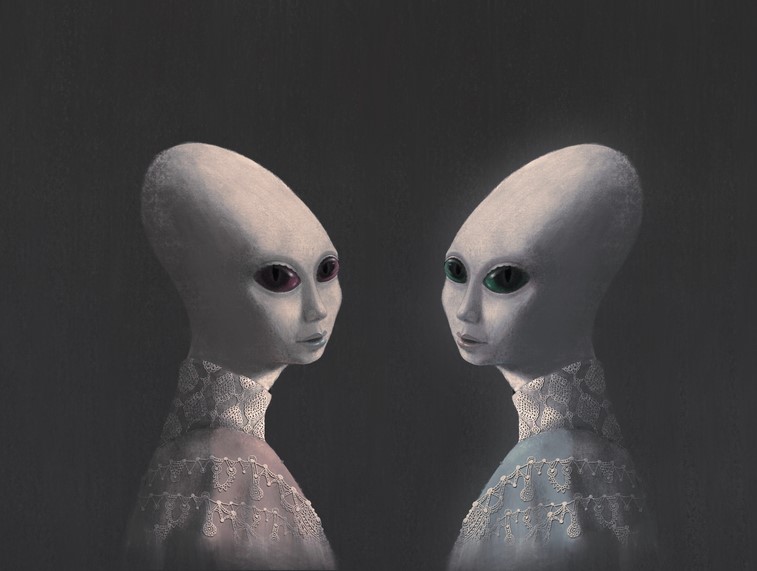
Most of my life, I’ve been told to feel grateful if a white man is ever into me because I must be the special or the lucky one. But we all know that’s not the case. Back in my home country, I used envy to my friends, how they were able to get with white men. And for a long while I had thought only white men would be able to make me happy in a relationship.
There were white men who told me “Why are you even on the apps?” because they thought I wouldn’t be able to find anyone who would be into me.
Then, on the flip side, there are white men who fetishise us. One that may stop talking to me after finding out I’m not their preferred type of Asian. Or ones that blocks me after I refuse to put on long white socks and a pair of glasses to meet his Asian schoolboy fantasy.
It’s easy to mistake being fetishised for “love”. It’s easy to do so because when you’ve been indoctrinated into a white supremacist culture, you develop “a desperate hunger for acceptance” from white people and later, “this hunger developed into what we benignly called attraction”.
What are the implications for sexual racism and fetishisation?
Everyone deserves a pleasurable sex life and social interactions. But we all don’t get access to it, especially if you are an ethnic minority in a Western society who experiences sexual racism and fetishisation.
These issues can manifest into adverse impacts for people’s overall well-being. These racist acts are in fact connected to adverse mental well-being, lowered self-esteem, and increased risk of exposure to HIV and other STIs.
The last one might be trickier to imagine. How does fetishisation and sexual racism lead to sexual health risks? Strap on your roller skate, Barbie. Let’s break it down.
While researching for this blog, I encountered a study about “the relationship between racism and unsafe sex among Asian and Pacific Islander [API] gay men”. In this qualitative study, the author argued that racism plays a role in contributing to higher HIV risk behaviours among API gay men.
In short, the study delved into how the larger social context of the gay communities where:
- API men are subjected to racism and desirability hierarchies—where they are constantly perceived as less desirable than their white counterparts.
- An “overwhelming majority of gay API men” says they prefer white sexual partners, and therefore the reality seems as if there aren’t enough white men to go around.
I hope you’re now able to spot the elephant in the room which is the clear imbalance of power between white men and API men. These things affect the ability of API men to negotiate safe sex practices in these sexual interactions. When there’s a clear power imbalance, whose preference will be met in this situation?
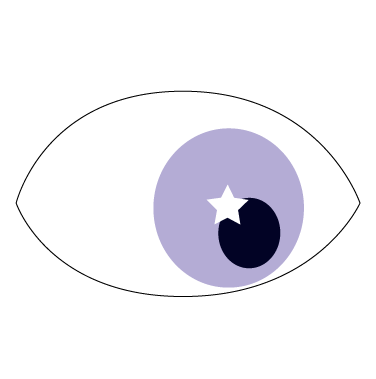
What’s next?
I know this is a lot information, and I’m not sure how if you came to this article expecting me to offer solutions. The reality of all this is just… complex.
So, I’ll leave you with one quote from all the nerdy readings I’ve done writing this piece. It’s from a white author name Chirstopher Dietzel who wrote about the same topics you’ve read in this blog. He stated:
[…]
I am a white, gay, cisgender man. While I will never fully understand the racism that racialised MSM experience in gay male culture and on dating apps, I am a member of these communities. White people like me often fail to acknowledge our social privileges or engage in messy, complex, and uncomfortable conversations about race and racism. We as white people need to critically reflect on our privileges, develop our awareness and understanding, and use that knowledge for good. All of us are responsible for the communities and spaces that we occupy—and we must take action to address discrimination, racism, and other forms of harm that exist in society.
[…]



